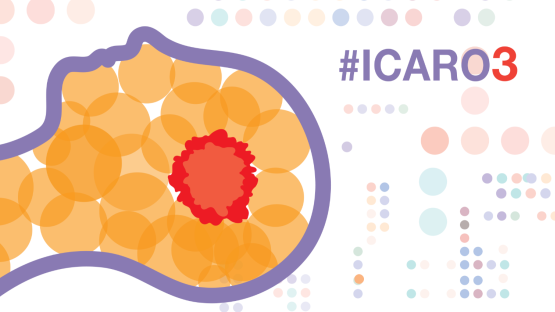Over 19 million new cancer cases were reported worldwide in 2020, claiming the lives of almost 10 million people, according to the World Health Organization (WHO). The picture will likely get grimmer with time: These numbers are projected to increase to over 30 million new cases and over 16 million deaths per year by 2040.
Advances in the field of radiation oncology and the innovations that help countries face the growing burden is bringing together over 2,000 professionals for the third edition of the International Conference on the Advances in Radiation Oncology (ICARO-3). The three-day conference that starts tomorrow is free and will be held entirely online. The conference is accredited with 26 continuing medical education credits, which can be claimed by all registered participants.
The IAEA has been at the forefront of expanding global access to radiotherapy, a treatment that would benefit every second cancer patient. However, the majority of new cancer cases occur in low- and middle-income countries and access to radiotherapy remains a pressing challenge.
“The training of professionals is extremely important for the successful implementation of modern radiotherapy techniques and technologies,” explained May Abdel Wahab, Director of the IAEA’s Division of Human Health. “Conferences, like ICARO-3, support these efforts by facilitating the continuous education of radiation oncologists, radiotherapy technicians, medical physicists and healthcare professionals globally.”
The biggest challenges sometimes lie in overcoming attitudes that a cancer diagnosis means death. It is important for people to realize that they are not passive in the process.



